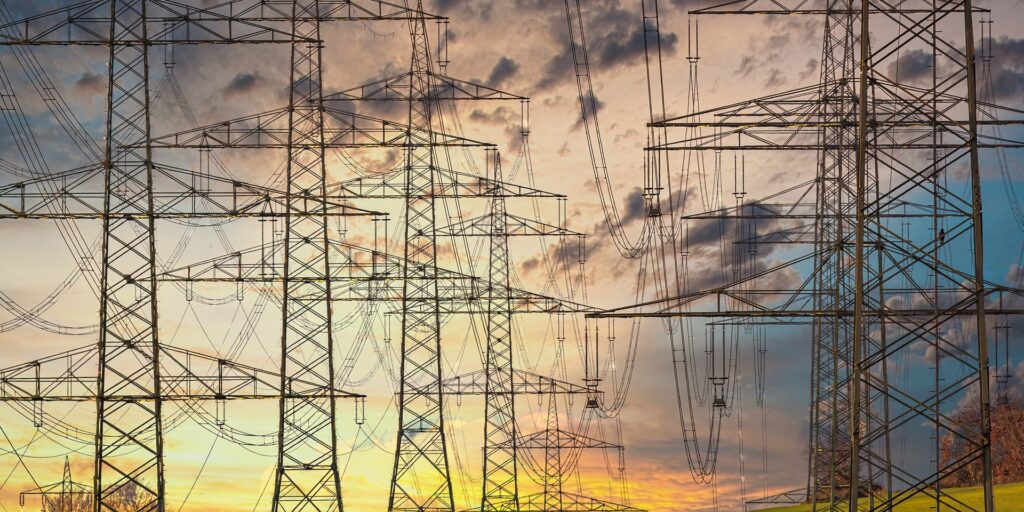U.S. energy department announces $7B for seven regional hubs to advance hydrogen technology
The U.S. Department of Energy announced Friday a $7 billion initiative to build seven Regional Clean Hydrogen Hubs—as a way to accelerate commercial-scale deployment of low-cost, clean hydrogen, which can be produced with zero or near-zero carbon emissions.
“Unlocking the full potential of hydrogen—a versatile fuel that can be made from almost any energy resource in virtually every part of the country—is crucial to achieving … industry powered by American clean energy, ensuring less volatility and more affordable energy options for American families and businesses,” said Jennifer Granholm, U.S. Secretary of Energy, in a statement. The investment is being made to build a “foundation for a new, American-led industry that will propel the global clean energy transition while creating high quality jobs and delivering healthier communities in every pocket of the nation.”
Hydrogen can be produced many different ways, from diverse sources. The most common methods are steam-methane reforming, and electrolysis (splitting watter with electricity). The statement notes that hydrogen’s unique characteristics will let the hubs reduce harmful emissions from some of the most energy-intensive sectors of the economy like chemical and industrial processes, and heavy-duty transportation.
“It could also be used as a form of long-duration energy storage to support the expansion of renewable power,” the statement says. “By enabling the development of diverse, domestic clean energy pathways across multiple sectors of the economy, clean hydrogen will strengthen American energy independence and accelerate the American manufacturing boom.”
The seven hubs eligible for awards negotiations are as follows:
- The Appalachian Regional Clean Hydrogen Hub in West Virginia, Ohio, and Pennsylvania. The Appalachian region will “leverage the region’s ample access to low-cost natural gas to produce low-cost clean hydrogen and permanently store the associated carbon emissions,” the statement says. The region will receive up to $925 million to develop hydrogen pipelines, hydrogen fueling stations, and permanent CO2 storage, which “has the potential to drive down the cost of hydrogen distribution and storage.”
- The Alliance for Renewable Clean Hydrogen Energy Systems in California will receive up to $1.2 billion “to produce hydrogen exclusively from renewable energy and biomass,” the statement continues. “It will provide a blueprint for decarbonizing public transportation, heavy duty trucking, and port operations—key emissions drivers in the state and sources of air pollution that are among the hardest to decarbonize.”
- The Gulf Coast Hydrogen Hub, centered in Houston, Tx., is set to receive up to $1.2 billion “help kickstart the clean hydrogen economy with its plans for large-scale hydrogen production using both natural gas with carbon capture and renewables-powered electrolysis, leveraging the Gulf Coast region’s abundant renewable energy and natural gas supply to drive down the cost of hydrogen,” the statement says, noting this is “a crucial step to achieving market liftoff.”
- The Heartland Hydrogen Hub in Minnesota, North Dakota, and South Dakota will receive up to $925 million to work on decarbonizing the industrial sector’s production of fertilizer, and to decrease the regional cost of clean hydrogen. It will also focus on advancing clean hydrogen in electric generation, and cold climate space heating.
“It also plans to offer unique opportunities of equity ownership to tribal communities through an equity partnership and to local farmers and farmer co-ops through a private sector partnership that will allow local farmers to receive more competitive pricing for clean fertilizer,” the statement says. - The Mid-Atlantic Clean Hydrogen Hub in Pennsylvania, Delaware, and New Jersey will receive up to $750 million to “develop renewable hydrogen production facilities from renewable and nuclear electricity using both established and innovative electrolyzer technologies, where it can help reduce costs and drive further technology adoption.”
- The Midwest Alliance for Clean Hydrogen in Illinois, Indiana, and Michigan will receive up to $1 billion “to produce hydrogen by leveraging diverse and abundant energy sources, including renewable energy, natural gas, and low-cost nuclear energy,” the statement says. The hub is strategically located in a key industrial and transportation corridor, and will focus on decarbonization through the use of hydrogen for products like steel and glass production, power generation, refining, heavy-duty transportation, and sustainable aviation fuel.
- The Pacific Northwest Hydrogen Hub in Washington, Oregon, and Montana will receive up to $1 billion “to leverage the region’s abundant renewable resources to produce clean hydrogen exclusively via electrolysis,” the statement says. “Its anticipated widescale use of electrolyzers will play a key role in driving down electrolyzer costs, making the technology more accessible to other producers, and reducing the cost of hydrogen production.”
More information about the seven hubs can be found on the Department of Energy’s website.



















